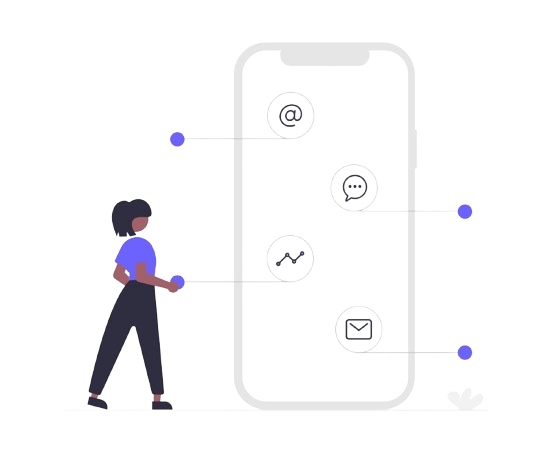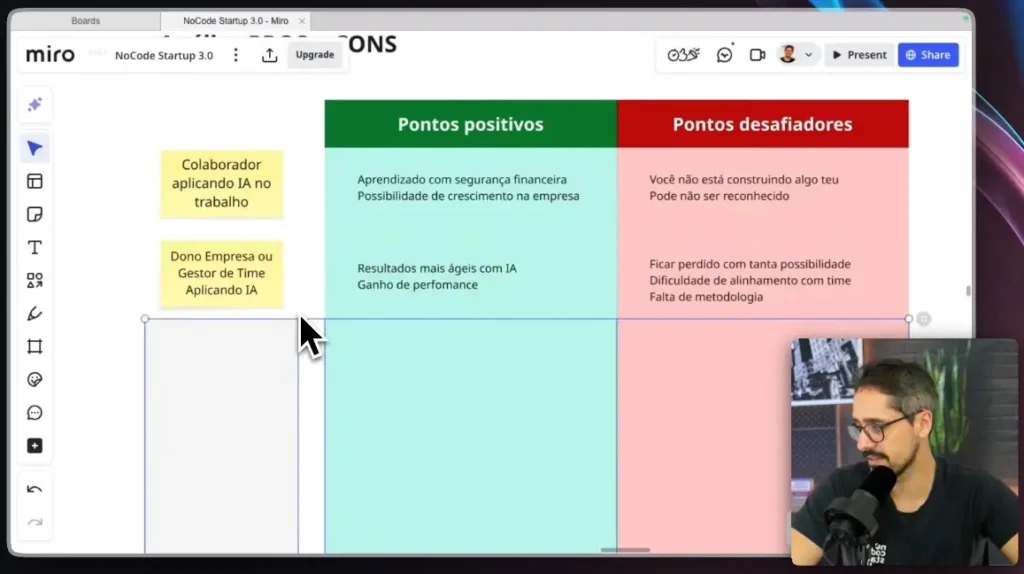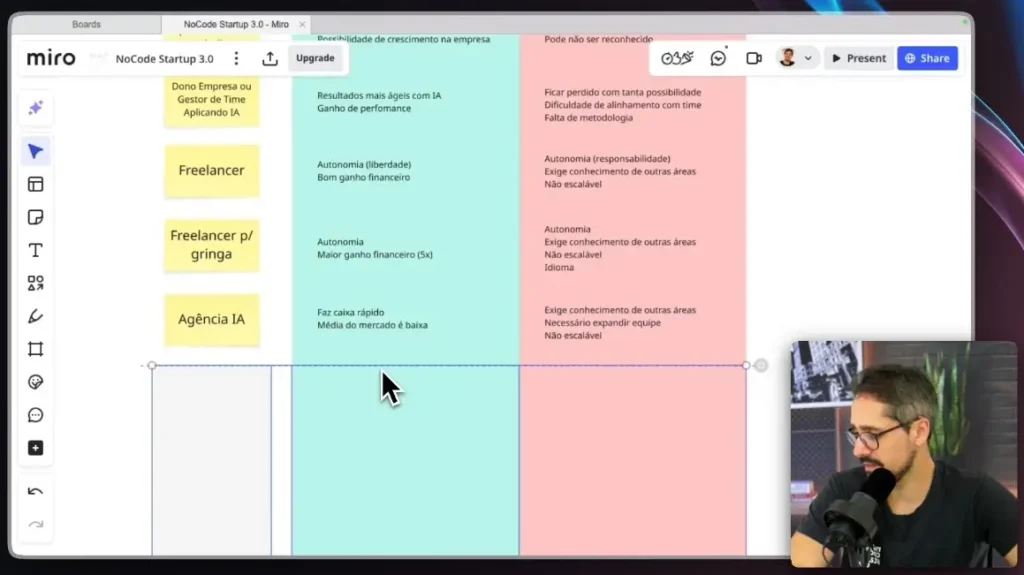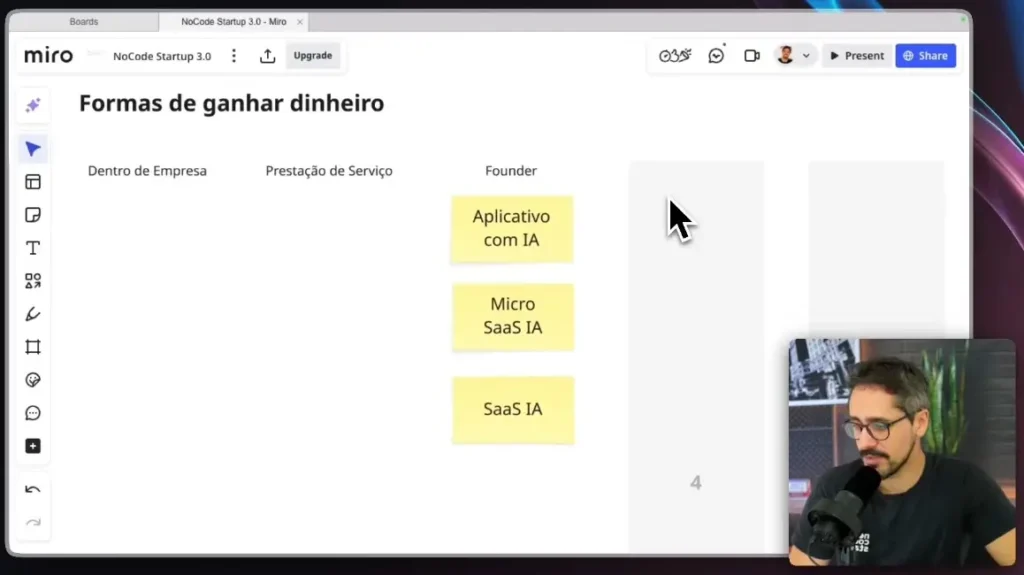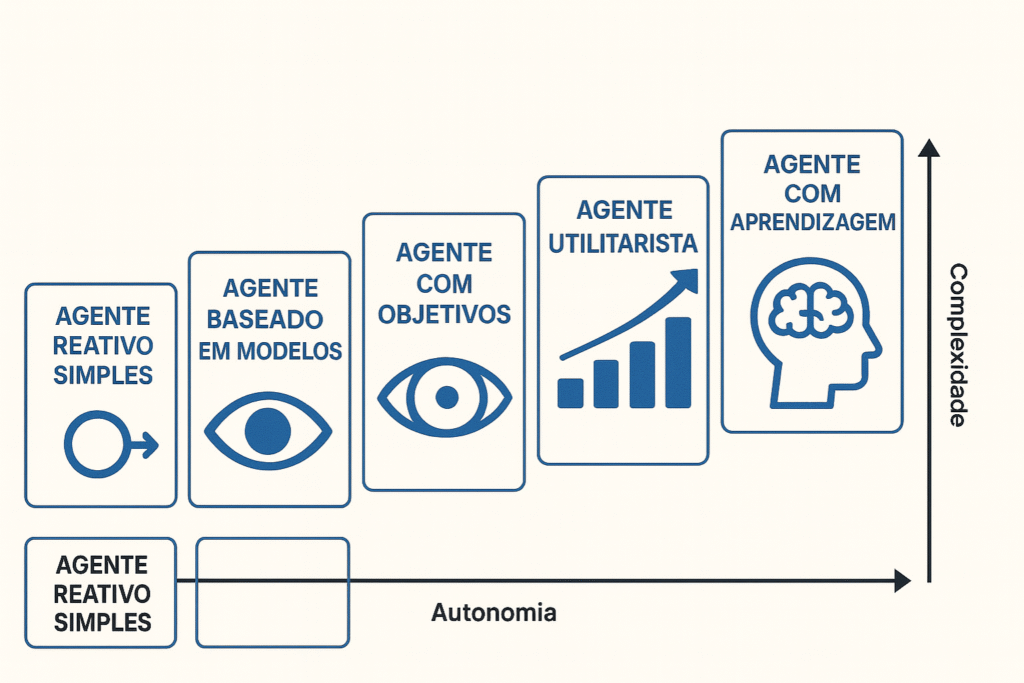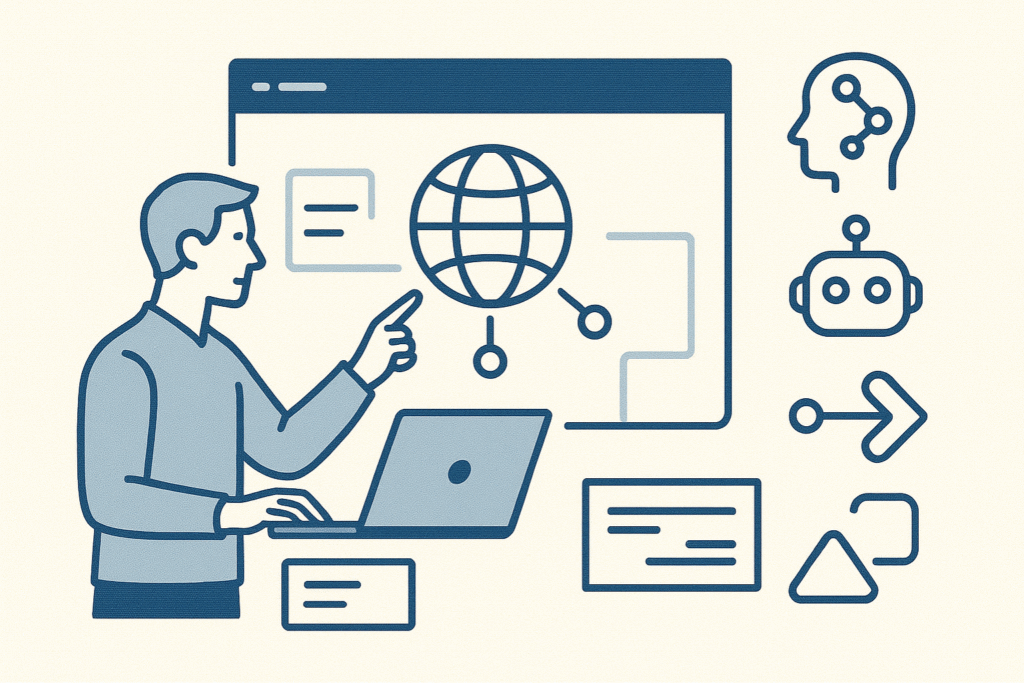Estimated reading time: 8 minutes
Marketers are always looking for innovative ways to captivate their audiences and stay ahead of the competition. Enter artificial intelligence (AI) — a game-changer for modern marketing.
AI marketing tools can revolutionize your approach by providing data-driven insights, improving customer interactions, and enabling personalized strategies.
Whether you’re a seasoned marketer or just starting out, this guide equips you with the knowledge and resources to leverage AI and stay ahead in the fast-paced marketing landscape.
What is AI in marketing?

AI for marketing automates, optimizes, and enhances strategies and tactics, empowering marketers to process vast amounts of data.
Gain deeper insights into customer behavior and deliver highly personalized experiences at scale.
Initially, AI handled simple tasks like data analysis and customer segmentation.
Today, thanks to advances in machine learning, natural language processing, and computer vision, AI tackles complex marketing functions with remarkable accuracy.
To the best AI tools now allow major brands to streamline content creation, improve data analysis, and refine campaign strategies for better results.
From chatbots and virtual assistants to predictive analytics and content generation, AI is revolutionizing the way businesses interact with customers.
These tools then analyze massive data sets from social media, website interactions, and purchase history to create detailed customer profiles and predict future behavior.
How can AI help in marketing?

AI has transformed the marketing landscape, bringing a range of benefits that can propel your business to new heights. Here are the top benefits of incorporating AI into your strategy:
1. Improved personalization
AI algorithms analyze vast amounts of customer data — demographics, behavior, preferences — to create personalized content, product recommendations, and offers that resonate with individuals.
In this way, this level of personalization increases engagement, converts casual visitors into loyal customers, and drives sales.
2. Improved customer insights
AI-powered tools give marketers a clearer understanding of their audience.
So by analyzing social media data, website interactions, and purchase history, AI discovers trends and insights.
Therefore, it is something that helps marketers adjust their strategies, resulting in more effective campaigns.
According to recent statistics, 61% of marketers say AI plays a critical role in their data strategy.
3. Increased efficiency
AI automates time-consuming marketing tasks, freeing up valuable resources. After all, AI-powered chatbots can handle customer inquiries 24/7.
While tools for content creation, social media management and email marketing personalize content and optimize time.
So, by automating repetitive tasks, AI allows teams to focus on strategic initiatives and creative projects.
Key Components of AI for Marketing

AI marketing tools cover a wide range of applications, from content generation to customer insights.
Here’s a closer look at how AI components can power your marketing efforts:
Content creation
AI tools help generate and optimize content at scale, from ad copy and social media posts to blog articles.
So, these tools analyze performance data and offer suggestions for improvement, helping you create content that resonates with your audience.
Customer Insights
AI algorithms dive deep into customer behavior, preferences, and pain points.
So, by analyzing data from multiple sources like social media and website interactions, AI helps professionals target their audience more effectively and predict future behavior.
Automation with AI for marketing
AI automates tasks like email marketing, social media management, and ad optimization.
So it can make real-time decisions based on pre-defined rules or machine learning, optimizing ad placements, bidding, and targeting for maximum ROI.
Chatbots and virtual assistants
AI-powered chatbots provide instant customer support and guide users through the sales funnel.
These virtual assistants understand natural language queries, providing personalized responses that increase customer satisfaction and engagement.
Predictive analysis
By analyzing historical data, AI-driven predictive analytics tools predict future outcomes.
Thus, helping marketers anticipate customer behavior and adjust prices and promotions.
Sentiment analysis
Using natural language processing, sentiment analysis tools evaluate customer feedback, reviews, and social media conversations.
This way, marketers can gauge customer sentiment towards their brand and identify areas for improvement.
How to implement AI for marketing

Successfully integrating AI into your marketing strategy requires a clear plan. Here’s a step-by-step guide to help you implement AI tools and transform your marketing efforts:
- Identify marketing goals: identify which aspects of your strategy can benefit from AI — whether it’s content creation, customer segmentation, or lead generation.
- Choose the right AI tools: select AI tools that align with your goals and integrate seamlessly with your existing systems.
- Collect and organize data: Ensure your data is clean and accessible. High-quality data is crucial to generating accurate insights and predictions.
- Train your team: Educate your marketing team on the benefits of AI and provide training on how to use the tools effectively. Encourage collaboration to maximize results.
- Start with a pilot project: Implement AI in a specific area first to test its effectiveness. Adjust and optimize before scaling your entire strategy.
- Monitor and analyze results: Track your campaigns with AI technology and use data-driven insights to refine your strategy over time.
AI is revolutionizing marketing, offering tools that enable personalization, improve efficiency, and generate deeper customer insights.
So, by following this guide, you can smoothly integrate AI into your strategy and unlock its full potential.
So embrace AI, stay ahead of the competition, and see your marketing efforts reach new heights! Join the AI Agent Manager MasterClass now!

Further reading:
